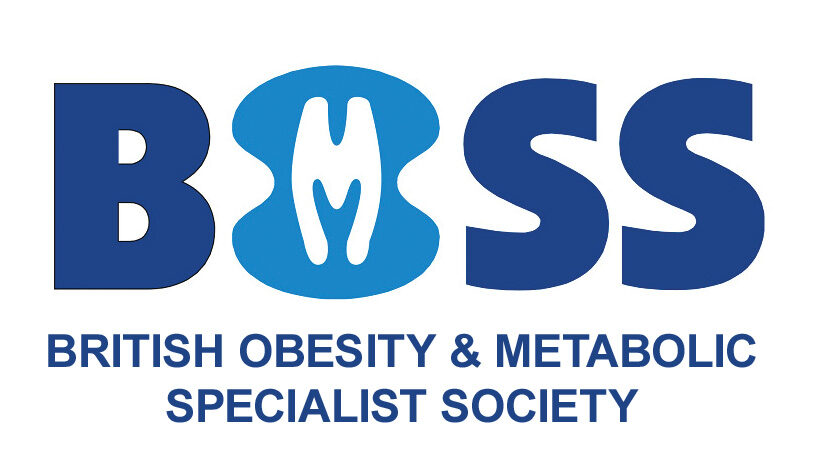We understand that accessing bariatric (weight loss) surgery on the NHS can be a frustrating experience and BOMSS is working hard to improve this situation. One consequence of the current lack of NHS provision of this treatment is that people decide to self-fund their care, either in the UK or abroad. BOMSS strongly advises UK residents to be cautious when considering bariatric surgery abroad.
Care in the UK is tightly regulated with all providers regularly monitored and inspected by the Care Quality Commission (CQC) in England and Wales, and Healthcare Improvement Scotland (HIS) in Scotland. Surgical outcomes are reported on a national bariatric database, UK bariatric surgeons, have completed recognised training and certification, and have full professional insurance so that patients can receive financial compensation in the very unlikely event of serious complications arising from clinical negligence. These processes are designed to ensure high standards of care and to protect patients undergoing surgery.
As a professional society we are increasingly concerned by the number of patients presenting with the complications of surgical procedures performed outside the UK. There is often an assumption that the NHS will sort out any issues once the patient returns home, but this is not always straightforward and has resulted in severely ill patients being repatriated to the UK and presenting themselves to their local A&E
department. Less than half of NHS hospitals trusts have access to a bariatric service and the specialist advice that is likely needed in these cases.
Our other specific concerns about people travelling overseas for surgery include:
1. Lack of adequate expert pre-operative assessment and counselling
2. Poor choice of procedure offered
3. Different procedures being performed to the one the patient expected, or the details of the procedure
conducted being unknown
4. Unknown quality and safety of surgery
5. Risks of long-distance travel immediately following surgery, for example developing a blood clot in the
leg or lung (which can be potentially life-threatening)
6. Poor or non-existent access to routine post-operative follow up care, increasing the possibility of
outcomes such as weight regain and nutritional deficiencies
7. No direct access to expert care if a late complication occurs (and most GPs are not trained in the care of
patients who have had bariatric surgery)
The Department of Health and government are aware of this issue and guidance to protect the health of British travellers is available at The National Health and Travel Network centre https://travelhealthpro.org.uk/factsheet/59/medical-tourism-travelling-for-treatment. Public Health Scotland has also issued helpful advice and a checklist regarding matters to consider for people who are
considering travelling abroad for surgical treatment https://www.fitfortravel.nhs.uk/advice/general-travelhealth-advice/medical-tourism.
Having surgery abroad is certainly less expensive than in the UK for people who have self- funded procedures, but standards of healthcare regulation overseas often differ from the UK, which means the quality of surgical care can vary significantly. In the event of a problem, legal redress is much more difficult leaving people exposed and unprotected.
Weight loss surgery is an effective, but complex intervention requiring at least 2 years of support from a specialist team with dietetic, nursing, psychological and surgical expertise and lifelong annual reviews. We believe this is best delivered in a UK setting where surgical standards are high and rapid access to expert help after surgery is more straightforward.
